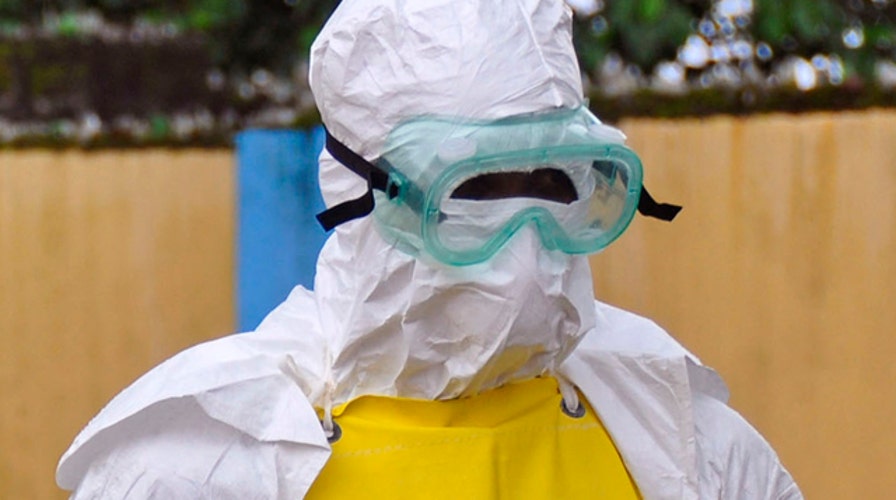Bias Bash: Media miss key development in Ebola outbreak
Ellen Ratner says press must cover what is being done to stop Ebola from spreading
I just came back from Africa, where the Ebola virus is at the top of the news. Comparing what my companions and I learned on the ground to what is being carried in African, European and American newspapers and television, there is a lot about this disease that the news media are missing.
When we arrived in South Sudan last week, we passed though a World Health Organization tent where gowned and gloved health care workers checked all arriving passengers for Ebola symptoms, including fever. This was reassuring.
But in Kenya, the gateway to much of Africa, there were no such precautions. Airport officials managed to collect visa fees and get fingerprints (without wiping the screen after people put their hands down), but no one checked the health of arriving passengers. The press has failed to report on this notable lack of front-line prevention.
[pullquote]
Another concern, epidemiologists tell me, is that the press does not understand the science of virology. There have been over 25 outbreaks of Ebola since 1976, and the virus may have mutated to a more virulent form.
Why hasn’t the press investigated whether this strain may be different from the others and more difficult to control? A simple check of the Global Virus Network website lists the strains that have been found of Ebola, but the press has not reported it.
The press has also has been silent on the role our military can play in fighting and controlling Ebola. Ever since 1901, when Maj. Walter Reed led the team that identified the cause of yellow fever, the U.S. military has been involved in combating disease and stopping epidemics. It has fought the flu virus of 1918, tsetse fly disease, malaria and HIV.
Terrorism destabilizes countries, but so do epidemics like Ebola, and we can’t afford to send troops into harm’s way if they risk getting stopped by disease.
There have been no stories on the push-pull of who gets the money to do the research and develop cures for diseases like Ebola. Should it be the Centers for Disease Control or the U.S. military? No one has been following our internal conflict in congressional funding.
Two other areas have gotten short shrift from the press. The New York Times touched on the instability in some of the places where Ebola has hit, but little has been reported about how health care workers and scientists can’t get to those places so they can determine the lethality of the current strain. As rural areas may be unsafe, disease control professionals tend not to visit, so large areas of Africa may not get the surveillance needed to stem this and future epidemics.
Lastly, Foreign Policy magazine recently reported on the gender discrepancy in who contracts and dies of Ebola, but the mainstream press has not explored this issue. It is important; it has much to do with how women are treated in Africa as sexual partners, primary caregivers and nurses.
The “devil” – and the curing of this outbreak of Ebola – is in the details. The press needs to pay attention to them.

